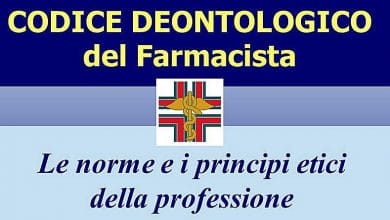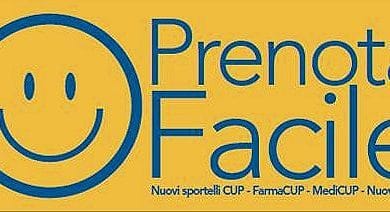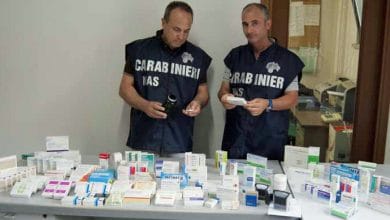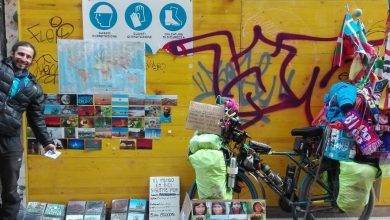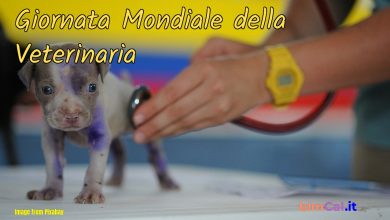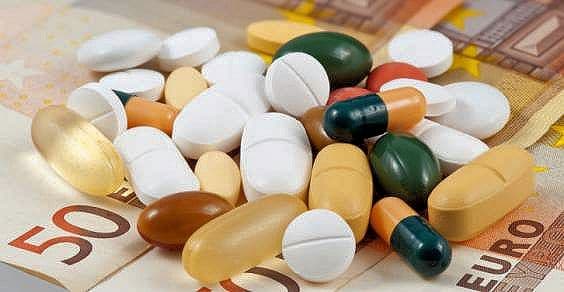
Peter Rost, former vice president of marketing at Pfizer revealed in 2009: «The pharmaceutical sector is very powerful and if someone tries to speak openly about what is happening in that world, they are literally kicked out. It has a power over politics very similar to that of the mafia». It would be enough to think of the fact that the pharmaceutical industry has spent the most money on influencing US politics since 1998."
 The recent news reports on (presumed up to a final sentence of conviction) episodes of corruption and fraud at the CTO of Milan have (re)brought to the center of attention the (sadly) famous phenomenon of "comparison".
The recent news reports on (presumed up to a final sentence of conviction) episodes of corruption and fraud at the CTO of Milan have (re)brought to the center of attention the (sadly) famous phenomenon of "comparison".
As is well known, the aforementioned term indicates a widespread crime in some environments concerning the health of citizens (medical surgeries, hospitals and pharmacies), consisting in the practice whereby certain doctors, pharmacists, veterinarians, or other health professionals accept money and/or or rewards for the prescription of certain drugs or diagnostic or surgical tools rather than others or, even worse, drugs for which there is no concrete need.
It is good, right from the start, to specify that the practice of "comparison" it does not necessarily involve variations in the purpose of the therapies given that they can, in any case, respond to the patient's treatment needs.
However, it can shift the economic interest of the national health system by guaranteeing the enrichment of the pharmaceutical and/or health care industry, when, for example, a branded drug is prescribed instead of an equivalent drug, even if available on the market.
In our legal system the "comparison" it is foreseen as a crime by RD July 27, 1934, n.1265 ("Consolidated Text of Health Laws"), to articles 170, 171 and 172, as well as by Legislative Decree 24 April 2006, n. 219 (“Drug Code”), to art. 147, paragraph 5.
The unlawful conduct sanctioned consists, in summary, in receiving, for oneself or for others, money or other benefits or in accepting the promise, for the purpose of facilitating, with medical prescriptions or in any other way, the diffusion of medicinal products or any other product for pharmaceutical use.
This contribution intends to focus on some of the most important procedural aspects in the field of investigation of episodes of "comparison", having to remember (as taught by the famous "Operation Jupiter" of the Guardia di Finanza who saw the defendants acquitted of the charges contested by them) that the material collected during the investigation phase must necessarily be submitted to the scrutiny of the Judge in the three levels of judgment that our Constitution guarantees.
With sentence no. 23237 of 1.6.2016, the Court of Cassation dealt with the delicate issue.
 The events of the trial originated from the activity of a dermatologist specialist, university professor and director of the dermatological clinic and, in particular, from the activities he carried out in the capacity of university professor in reference to a project for the treatment of a pathology with experimentation of new drugs.
The events of the trial originated from the activity of a dermatologist specialist, university professor and director of the dermatological clinic and, in particular, from the activities he carried out in the capacity of university professor in reference to a project for the treatment of a pathology with experimentation of new drugs.
In this context, the doctor was accused of having had relationships with pharmaceutical companies which, due to the perception of utility or the request for utility in connection with the choices of drugs to be administered, integrated acts of corruption.
The request for indictment alleged the crime of corruption as the doctor, having to interrupt the treatment of his patients with the medicine xxxx, supplied by the company yyyyy, whose authorization for use had been withdrawn at the disposal of Aifa (Drug Agency), had contracted with the managers of the zzzzz company, in exchange for the choice of adoption of their drug, a series of counter-services, consisting of funding for posts in the specialization school, supplies and funding for conferences, etc.
According to the Judge of the preliminary hearing, on the basis of what emerged from the wiretaps, some of the loans discussed in relations with the company's representatives concerned previous commitments to finance university activities and were not at all correlated and conditioned by the introduction of the new drug.
The conduct that could be attributed to the crime of corruption, on the other hand, was the request for 100,000 euros made by the doctor to the representatives of a pharmaceutical company for the sponsorship of congressional events, in this case with specific reference to the consideration for the choice of their drug.
According to the Judge of the preliminary hearing, however, even if there had been solicitation of this payment for corruptive purposes, there had not then been the willingness of the company to pay so that the conduct had to be qualified pursuant to art. 322, fourth paragraph, of the penal code as an instigation to corruption.
The Court of Appeal upheld the conviction, noting that the object of the accusation resulted, effectively and verbatim, from the intercepted conversations and there was no element to demonstrate that, in these conversations, there was a mental reservation on the part of the doctor, who had defended by stating that, in reality, he had no intention of keeping the promises made by aiming only to have funding for the activities of the public structure.
For another charge, it was disputed that the doctor had requested utility from the company xxxxxx in view of the use of their drug yyyyyyy for which marketing authorization was awaited by the aforementioned Aifa.
Also in this case, the Judge of the preliminary hearing observed that, as regards the ascertained actual payment of money and other utilities in favor of initiatives belonging to the doctor, these were services that were not connected at all, as claimed by the accusation, as a counterpart to the administration of the drug to the patients of the center directed by the aforementioned doctor.
 However, it was certain that he had requested the payment of a sum between 75,000 and 110,000 euros in relation to the choice of administration of the aforementioned drug for the aforementioned patients, a request which, as it was not accepted, was also in this case considered as instigation to corruption with consequent conviction of the doctor.
However, it was certain that he had requested the payment of a sum between 75,000 and 110,000 euros in relation to the choice of administration of the aforementioned drug for the aforementioned patients, a request which, as it was not accepted, was also in this case considered as instigation to corruption with consequent conviction of the doctor.
Also for this contestation, the Court of Appeal rejected the appeal, excluding that a mental reserve of the defendant in making promises that he did not intend to keep could be considered demonstrated.
Lastly, the Court of Second Instance moved on to examine the charges for which the doctor had been acquitted but for which the Court of Appeal ordered the sentence in acceptance of the Public Prosecutor's appeal.
The doctor was accused of having prescribed to some patients, already treated with another drug, a different drug from another company, obtaining in exchange 40,000 euros for a congress event, 34,000 euros for a grant for scholarships (actually to be used to settle holes in the University's budget), the promise of 50,000 euros for the publication of a journal, 150,000 euros for the temporary employment of a researcher for the inter-university center of psychosomatic biological dermatology.
The Judge of the preliminary hearing, in acquitting the doctor for this crime, observed:
– It was not true that there was a commitment to treat some patients with the different drug as at the time of the alleged agreements the drug had already been administered to these patients.
– In order to support the thesis of own corruption, it had to be demonstrated that the patients had been treated with the given drug regardless of their therapeutic needs and this was not proven.
– As for the three payments of money, they all corresponded to activities actually carried out and were not screens to cover illegal donations nor was there any trace of a promise of 50,000 euros.
The Court of Appeal overturned this decision, holding that «the elements of responsibility can be obtained directly from telephone interceptions» and, as regards the payment of 50,000.00 euros for the publication of the magazine, that such a payment had been made.
The Court of Appeal, in qualifying the crime as proper corruption, observed that "the act contrary to official duties is also represented by the mere acceptance of utility for the administration of a specific drug, even if in compliance with a correct medical choice, since the provisions on relations with drug suppliers and the prohibition of comparison".
The decision of the Court of Cassation
In summary, the Supreme Court endorses the motivational process of the Judge for the preliminary hearing where he had, first of all, groundedly excluded that there had been any agreement for the administration of a drug which, instead, had already been administered to the patients and, above all, he had considered that there was no evidence that such drugs had been administered against the therapeutic needs of the patients themselves.
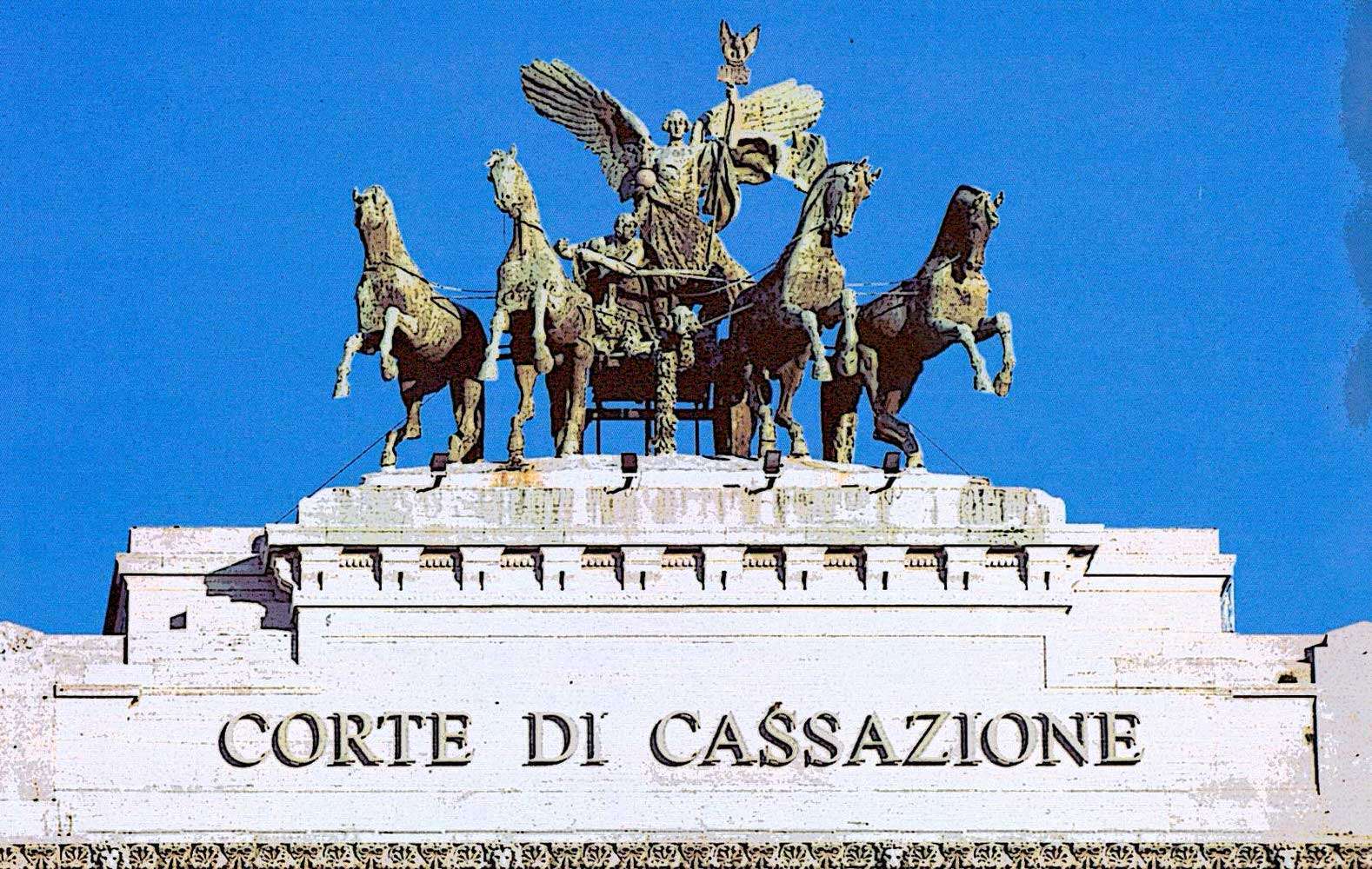 In this context of total groundlessness of the accusation, the judge of first instance had also noted that, if some element could be deduced from the interceptions, it was however in the completely opposite sense with respect to the accusation since the parties put the therapeutic interest of the patients first.
In this context of total groundlessness of the accusation, the judge of first instance had also noted that, if some element could be deduced from the interceptions, it was however in the completely opposite sense with respect to the accusation since the parties put the therapeutic interest of the patients first.
Furthermore, the Supreme Court, in relation to the possible "suspicious" nature of the economic services offered by a pharmaceutical company (as underlined by the Court of Appeal) observed that, in reality, these were services that were part of the context of financing university activities , without any appearance of private enrichment of the defendants.
For the same reasons, the Court of Cassation denied that there had been a diversion of sums through the publication of a magazine, because the latter was by no means the screen for covering illegitimate acquisitions but was, on the contrary, an authoritative magazine in the medical sector.
According to the Court of legitimacy, the Judge of Appeal, after affirming that the elements of responsibility could be derived directly from the interceptions, reports excerpts which, in reality, rather than as proof of the facts, are clearly indicated as a sort of reply to a preconceived thesis given that, from the reasoning of the contested sentence, no serious reference emerges to the fact that there was a supply of medicines conditioned by a payment of utility.
Furthermore, the Court completely re-reads the circumstances relating to the alleged agreement which provided for the financing of university activities, emphasizing that "The description of the relationships, of the doubts on the execution of the agreement, etc., is only a filler which gives substance to the motivation but has no logical connection with the proof of a corruption affair which, as clearly identified by the investigating judge, would have required a serious demonstration of the "sell-out" of patients hypothesized by the prosecution thesis (thesis, fortunately, positively denied, not even remaining at the level of doubt)."
The conclusion, according to the Supreme Court, is that the concrete event was correctly reconstructed by the Judge of first instance and assessed in the sense of the absence of both acts contrary to the duties of the office (including a more general "making available") in exchange of utility, that the payment of benefits that go beyond legitimate funding and sponsorship activities of research and medical documentation.
With reference to the other parts of the sentence, the main argument of the defense was that the negotiation during which, according to the judge of the preliminary hearing, the doctor instigated the pharmaceutical company to offer benefits in exchange for using their medicine was characterized by a large mental reserve of the doctor who had no intention of doing anything other than what was due.
 In other words, he simulated his availability because he intended to obtain further commitments from the pharmaceutical company in favor of the university and hospital.
In other words, he simulated his availability because he intended to obtain further commitments from the pharmaceutical company in favor of the university and hospital.
According to the Supreme Court, the doctor's mental reserve had to result not on the basis of the phone call but "on the basis of the evaluation of the external elements that the defense had reasonably indicated and that the Court of Appeal unjustifiably chose not to evaluate."
It is not anyone who does not see (especially among non-experts) how the doctor's acquittal seems to rest on "quibbles".
In reality, while not wanting to belittle a phenomenon (such as that of the "comparison"), clearly distorting free competition and the market, one cannot and must not make the mistake (if one really wants to examine it in an intellectually honest way) of "judging" it emotionally.
Just think, as already noted, of the famous "Operation Jupiter", as a result of which, in the face of a variegated composition of facts, circumstances and suspects (following investigations by the Guardia di Finanza from which the clear guilt of the protagonists seemed to emerge), the defendants were acquitted.
The risk, present every day when watching television programs in which the search for truth is self-celebrated, is that the emotional approach to the question is equivalent, sic et simpliciter, to condemnation in the absence of the guarantees that only the trial can provide.
One last amenity.
Peter Rost, former vice president of marketing at Pfizer revealed in 2009: «The pharmaceutical sector is very powerful and if someone tries to speak openly about what is happening in that world, they are literally kicked out. It has a power over politics very similar to that of the mafia». It would be enough to think of the fact that the pharmaceutical industry has spent the most money on influencing US politics since 1998."
2.501.745.267.
It's not an international phone number.
These are the dollars spent on lobbying activities in the United States of America.
Lobbies are not mythological creatures; they exist and also in Italy.
And the world is placed in the palm of their hands
 Author: Avv. Angelo Russo – Supreme Court Lawyer, Civil Law, Administrative Law, Health Law, Catania
Author: Avv. Angelo Russo – Supreme Court Lawyer, Civil Law, Administrative Law, Health Law, Catania
Related news: Corruption in healthcare a river of billions. The role of the ISFs. Editor's note: Open letter. Dr. Pepe's answer
Drugs, Guardia di Finanza: the "Jupiter" operation concluded
One hundred million euros a year to buy 3,000 doctors
Glaxo case: acquittal confirmed and reinforced by the Court of Cassation
Cassation Section SIXTH CRIMINAL, Judgment no.23237 of the 01/06/2016
Torello Lotti, tougher sentence on appeal
Acquitted of fraud and corruption Torello Lotti + 26 in Florence, his only embezzlement
Article 147 – Penal sanctions – Legislative Decree No. 219, 24 April 2006
Note: Post fairy resurgo it is a Latin phrase, which literally translated means "after death I get up" (I rise again). It is the motto of the Fenice and is reproduced in the coat of arms of the municipalities of Torre del Greco, Castellammare di Stabia, Formia, Alezio, Zocca and Suzzara.
In the family style, when writing letters, those who have kept silence for a long time with the person they correspond with do so: begins Post fata resurgo who means "Finally I'll show up!".

